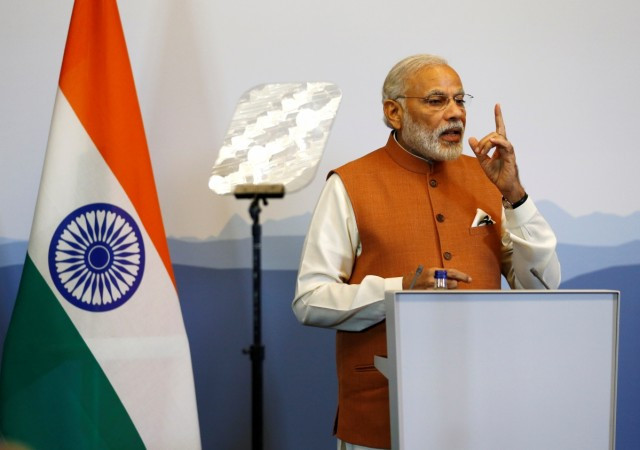India recently confirmed that the country will raise tariffs on several products including communication and electronic devices. Market analysts saw this decision as the country's strategy to curb imported products and to boost the rupee which has been in a downturn for quite some time already.
The latest tariff hike is the second time imposed such decision in just a two-week time. Several reports claim that the tariffs will mitigate the entry of imported goods into the country, especially products which the country thinks are non-essential.
The latest set of tariffs from India is expected to hit major network equipment manufacturers like Huawei Technologies, Nokia, Samsung Electronics, Ericsson, ZTE, and Cisco Systems. Many observers saw the decision as a rather risky strategy in order to at least mitigate, if not completely halt, the rapid devaluation of the rupee, the country's official currency.
Based on market data, the rupee has dropped in value against the United States dollar by more than 14 percent this year. The devaluation of the rupee can be traced on several factors. Chief among these factors are the country's widening account deficit, as well as the weakening of some emerging markets.
India did not provide details as to how much tariffs will be imposed on each specific product. Nevertheless, the country did provide a list of several items that could be potentially affected by the tariff hike. Among those included in the list are smart wearable devices, smartphones, Voice over Internet Protocol (VoIP) equipment, and Ethernet switches.
India's new tariff hike will take effect on Friday. However, aside from foreign companies, the tariff is also expected to hurt some of the country's telecommunications companies. Among those expected to be hit by the tariff are carriers such as Bharti Airtel, Reliance Jio Infocomm, and Idea, according to Counterpoint research analyst Neil Shah.
In a statement with the Reuters, Mr. Shah said that the tariff will affect the rollout of the country's high-speed broadband which requires the use of optical fibers and LTE networking equipment, both of which are expected to be affected by the upcoming trade tariffs.
Mr. Shah added that while the tariffs will affect both foreign and local companies, some local telecommunications equipment manufacturers will also gain on this upcoming tariff hike. Companies like Tata Teleservices which manufacturers networking equipment locally is expected to gain customers as some local companies will try to shift their supply chain away from those that are affected by the tariff.





